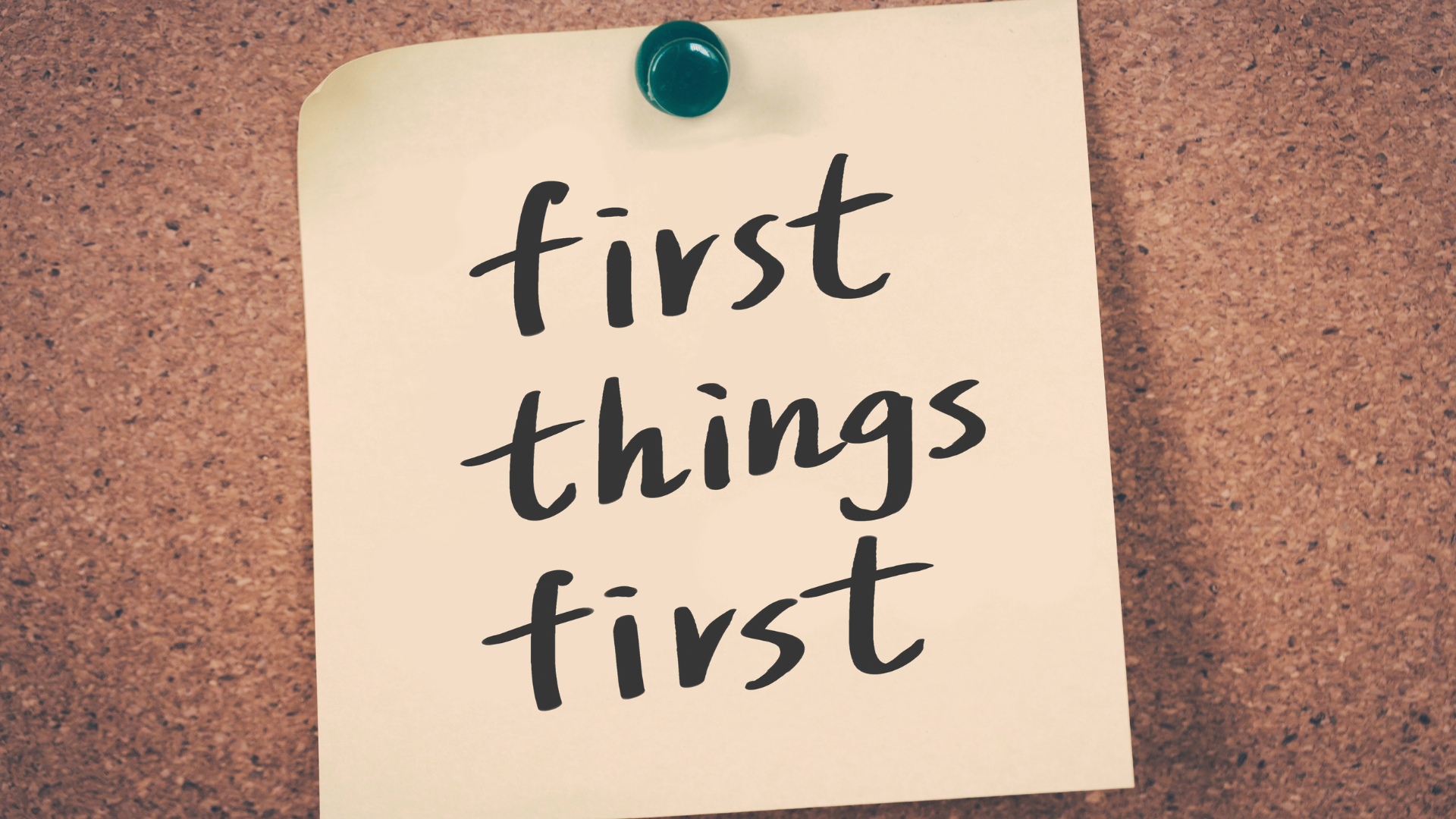We Work With People, Not Prescriptions: Compassionate Nutrition Support on GLP-1s
At Nutrition Hive, we work with people who are taking GLP1 medications. The relationship comes first. Our job is to understand each person’s needs, goals, lived experiences, and nervous system before we talk about food. GLP 1s are part of the picture, but the person is the priority.
We support clients on GLP1s within a weight inclusive care model. Weight inclusive means every body is worthy of care exactly as it is. We do not assume someone wants or needs to lose weight to choose health-supportive behaviors. We don’t judge food choices or body size. We support health through nourishment, nervous system safety, self trust, and behaviors that feel realistic and kind.
Eating changes on GLP 1s can feel confusing
Many clients tell us that they expected GLP1s to change their appetite, but they did not expect eating to become confusing. Hunger cues can become faint or irregular. Fullness may come very quickly. Food preferences sometimes shift. Some people forget to eat until they are suddenly shaky, dizzy, or nauseated. Others find that foods they used to love sound unappealing. There can also be constipation, fatigue, or changes in digestion.
GLP1s change appetite biology. They change how the gut and brain communicate. When appetite becomes unpredictable, eating can feel harder rather than easier.
This is where nutrition support matters.
Our focus is simple. We want to support the body so that health stays protected while appetite cues are different from usual. We pay attention to:
• Eating often enough to prevent under-fueling
• Getting enough protein to protect muscle and metabolism
• Getting enough fiber and hydration to support digestion
• Keeping blood sugar steady for energy, mood, and focus
• Making food doable when the body is tired or nauseated
• Reducing stress around food through nervous system care
GLP1s reduce appetite. They do not reduce the body’s need for nourishment. The body still needs nutrition to heal, to regulate mood, to support hormones, to maintain muscle, to fuel activity, and to feel steady through the day.
Eating enough is an act of care
Some people feel excited about eating less and think they must be doing something wrong if appetite begins to change again. Others feel anxious, worried, or guilty about how little they are eating. Many feel pressure to “maximize results.”
We talk openly about this because these experiences are very common. There is no shame in any of it.
Eating enough is not a failure. Eating enough is a requirement for living in a human body. Wanting comfort food during nausea is not a setback. Needing to rely on simple meals is not a problem. Asking for help is not weakness.
The goal is to care for the body you have today, not prove anything to anyone.
You deserve support during this season of change
GLP1s can be helpful for many people for many reasons, and you do not have to navigate them alone. Food does not need to feel confusing or stressful. You can learn how to eat in a way that respects your appetite cues, protects your metabolism, and supports your nervous system.
If your appetite has changed, if you are struggling to eat regularly, if you are not sure what or how much to eat, or if you just want guidance that does not involve judgment or pressure, we are here for you.
You are not a medication protocol
You are a whole person with a body, a history, a relationship to food, and a nervous system that deserves care.
If you are on GLP1s and want support that feels respectful, safe, and realistic for your life, reach out anytime. We would be honored to help you feel nourished through this chapter, whatever your goals happen to be.

